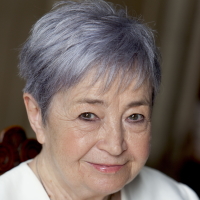After summarizing the theoretical considerations standing in the background of the approach of hypnosis from an interactional perspective, the paper describes the complex, multidimensional experimental paradigm our research team has been using since 1982.
We have been studying the physiological, behavioural, subjective experiential, and relational characteristics of both participants (hypnotist and subject) of the hypnosis interaction simultaneously, and analyse the interrelationship of these factors that play an important role in the development of hypnosis.
The results indicate that hypnosis is especially effective in mediating social support because it develops a strong, intensive interpersonal relationship between hypnotist and hypnotized subject. The mutual archaic involvement of the participants of the hypnosis interaction and the characteristics of the different styles of hypnosis show the most important features of basic intimate relationships that have regulatory functions.
Interaction synchrony in overt movements and in covert physiological processes (e. g., breathing, electromyographic activity) in “maternal” hypnosis presumably promotes experiencing the covert inner world of the subjects with empathy. In the case of “paternal” hypnosis, by leading and directing the subjects, the hypnotist may provide safety and security for those who need authority. In the case of “friend-like” hypnosis, the more symmetric, complementary relationship between hypnotist and subject may help to increase activity and ego strength of the subjects. Our basic research suggests that hypnosis – especially in a therapeutic context – may promote mutual regulation necessary for healthy bodily and mental functioning.
Therapeutic experiences and evidence-based research with cancer patients support this view of hypnosis.
